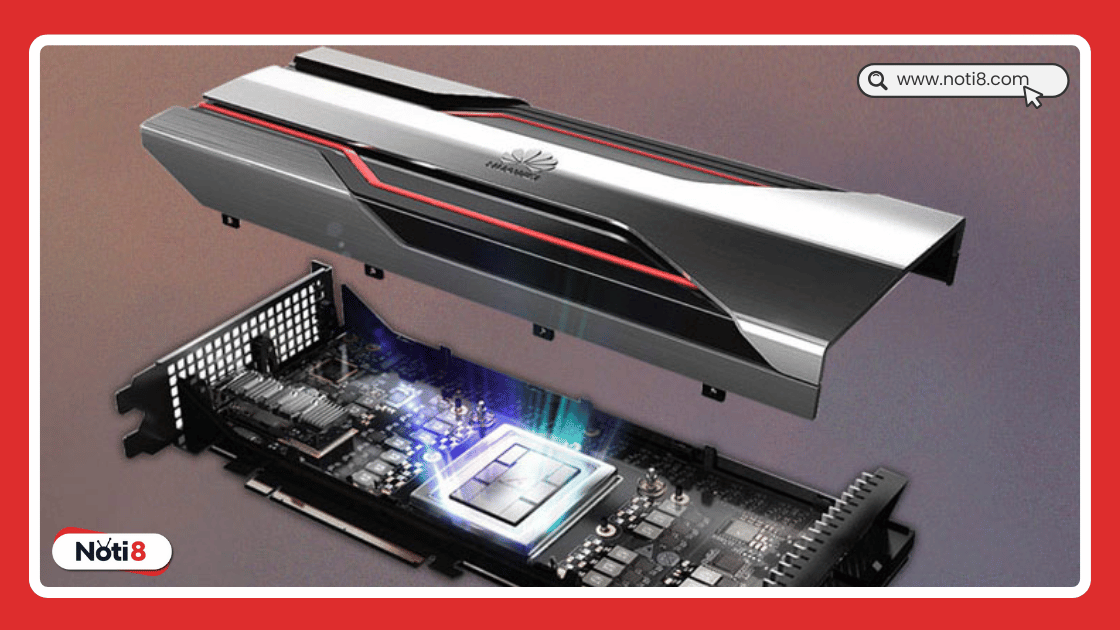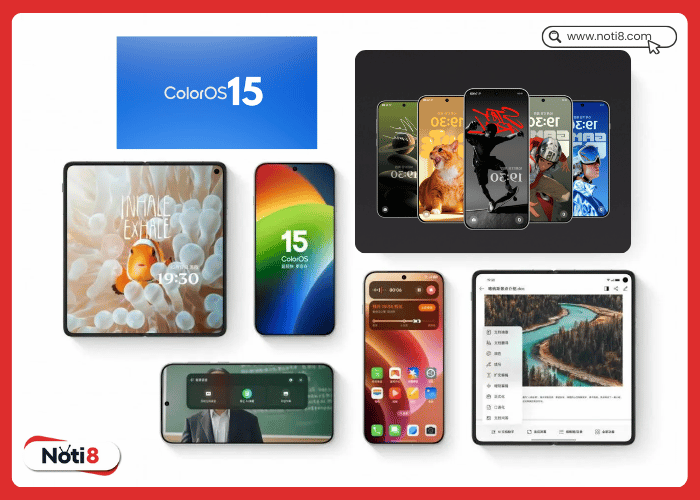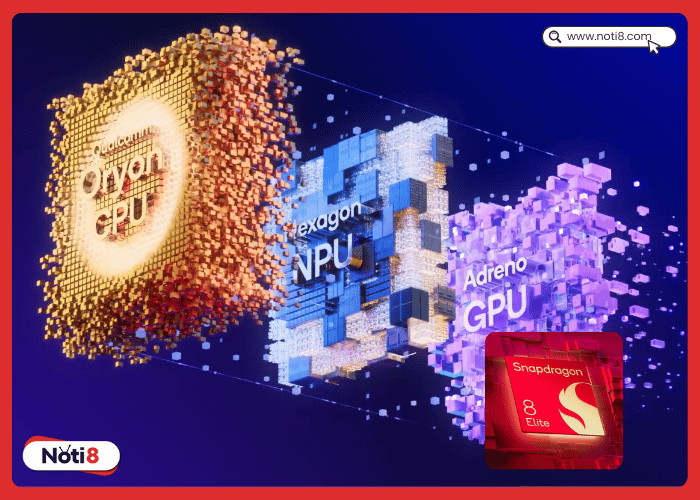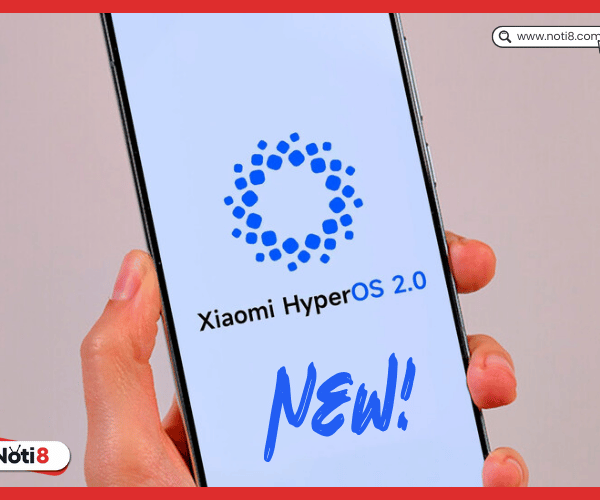Huawei Challenges NVIDIA: The Battle for AI GPU Dominance in China
In the complex and changing global technology landscape, competition among giants is intensifying, and this time, Huawei has set its sights on an ambitious mission: to unseat NVIDIA in the artificial intelligence (AI) GPU market in China. Faced with increasing technology restrictions imposed by the United States, Huawei is looking to become a key player by developing its own GPU for AI applications, a strategic move that could redefine the balance of power in the technology industry.
The context: A changing market under geopolitical pressure
Since the U.S. government tightened restrictions against the export of advanced chips to China, Chinese companies have been on a desperate search for technological alternatives that will allow them to remain competitive. Huawei, affected by these sanctions, has taken decisive steps to develop a GPU capable of competing with NVIDIA's powerful A100, the graphics processor that currently leads the industry and is crucial for AI models such as GPT-4.
This new GPU, still under development, is shaping up to be a solution designed specifically to meet the needs of the Chinese AI market, where demand continues to grow. Liu QingfengiFlytek founder, confirmed at a recent event that Huawei's GPU performance is already on par with NVIDIA's A100, which could represent a dramatic change in the dynamics of the Chinese market.
Technology and Challenges: Huawei faces a regulatory mountain
The path to production of this GPU has not been straightforward. The so-called "Foreign Direct Product Rule" in the United States has created multiple obstacles for companies like Huawei to access advanced technology needed to manufacture chips. This has forced the company to innovate and find alternative ways around the restrictions, including the creation of a clandestine chip manufacturing network.
The development of this new GPU is crucial to China's efforts to maintain its technological independence, especially in such sensitive sectors as AI. In addition, companies such as iFlytek plan to use this hardware to train advanced models that will compete directly with systems developed in the West, such as OpenAI's GPT-4.
Market Impact: Can Huawei really dethrone NVIDIA in China?
NVIDIA remains the undisputed leader in the AI chip market, controlling approximately 95% of the global market. The company has capitalized on this dominance with products such as the A100 and H100 series, essential for training large language models and other AI applications. In fact, the rise of AI has led NVIDIA to become one of the world's most valuable companies, with a market value in excess of $900 billion.
Despite this dominant position, Huawei's strategy targets a specific niche: technological self-sufficiency within China. While it is unlikely that Huawei will displace NVIDIA globally in the short term, in the Chinese context, where government policies favor local innovation and import substitution, the impact could be significant.
Frequently Asked Questions
1. Why is Huawei developing its own AI GPU?
Huawei is seeking to reduce its dependence on foreign technologies due to sanctions imposed by the United States, which has forced them to innovate in critical areas such as artificial intelligence.
2. How advanced is Huawei's new GPU compared to NVIDIA's A100?
According to iFlytek executives, Huawei's GPU is already achieving performance comparable to NVIDIA's A100, although its performance in real-world applications and mass testing remains to be seen.
3. How will this development impact the global AI chip market?
Although NVIDIA continues to dominate globally, Huawei could capture a considerable share of the Chinese market, relying on growing domestic demand and government backing to promote technological independence.
Personal opinion
The clash between Huawei and NVIDIA is not just a technology fight, but a manifestation of the geopolitical tensions that are shaping the industry. While Huawei has proven to be resilient and innovative in times of crisis, it still faces enormous challenges in its attempt to match NVIDIA. However, the strategy of focusing on the Chinese market, backed by favorable policies, could be a key move to ensure its relevance locally, even if it fails to compete directly in the global market.
Conclusion
Huawei's breakthrough in developing an AI GPU is a crucial step toward technological self-sufficiency for China, but it also underscores the importance of innovation in a world increasingly divided by trade restrictions and geopolitical rivalries. While NVIDIA's global dominance seems assured in the short term, Huawei could emerge as a key player in its own territory.
For more analysis and news on technology and innovation, we invite you to keep exploring our blogDon't miss it






